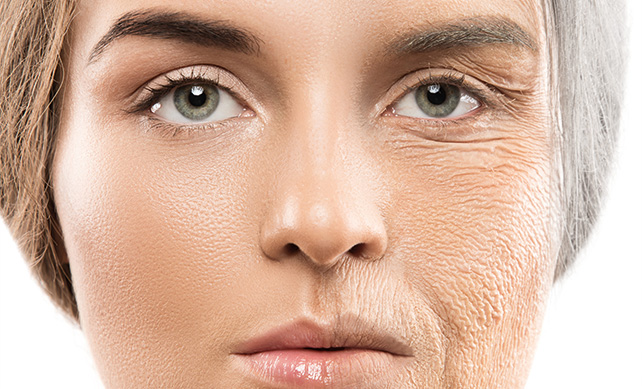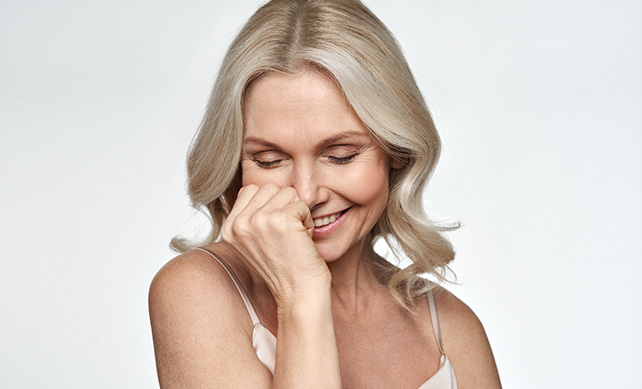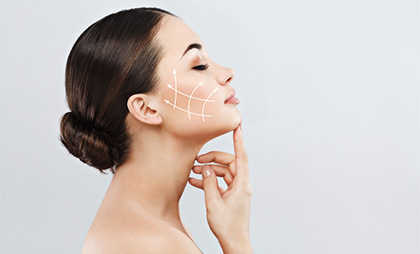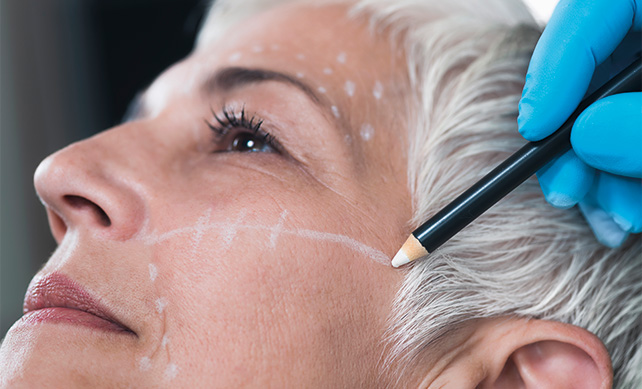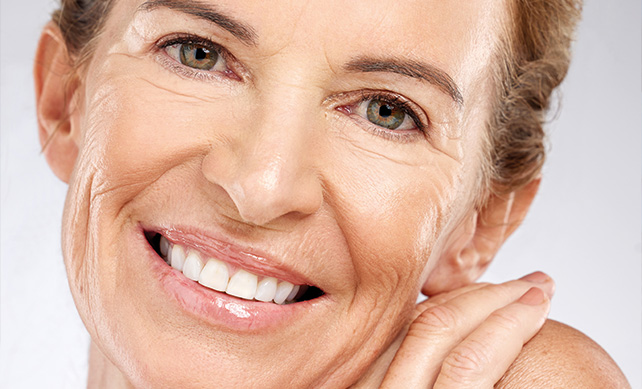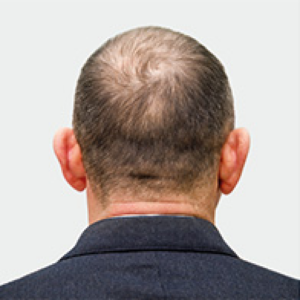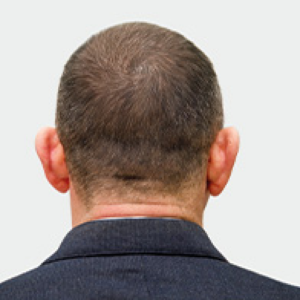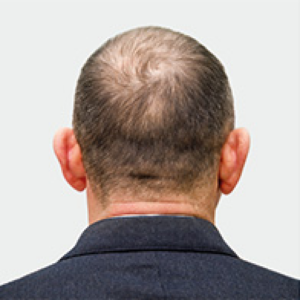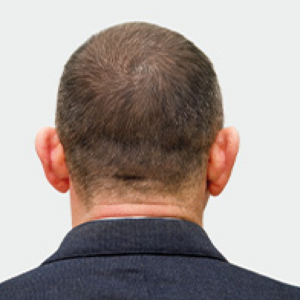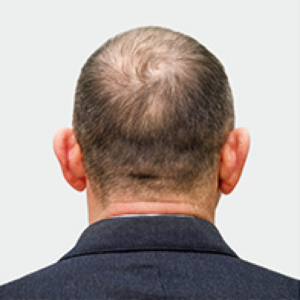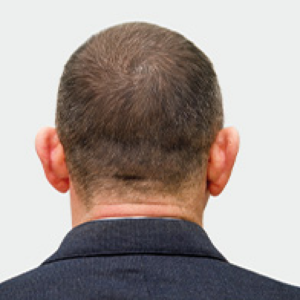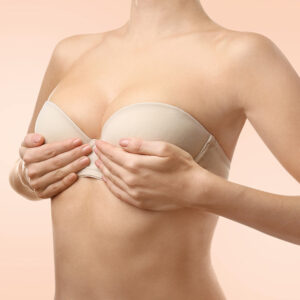Anti-Aging
What Is An Anti-Aging Treatment
Anti-aging refers to various approaches, treatments, and products to slow down, prevent, or even reverse the natural aging skin process. The goal is to maintain or improve physical appearance, health, and overall well-being as individuals age. Anti-aging strategies can encompass a variety of aspects, including:
- Skincare: Anti-aging skincare products, such as creams, serums, and lotions. These anti-aging products often contain ingredients like retinoids, antioxidants, peptides, and sunscreen. This protects the skin, reduces wrinkles, and maintains a youthful appearance.
- Lifestyle: Maintaining a healthy lifestyle, including a balanced diet, regular exercise, stress management, and adequate sleep. All these can help slow down the aging process and promote overall health and well-being.

- Medical treatments: Non-invasive or minimally invasive cosmetic procedures, such as botox, dermal fillers, laser treatments, and chemical peels. These also can help reduce the signs of aging, like wrinkles, fine lines, and age spots.
- Hormone therapy: Some anti-aging approaches involve hormone replacement therapy. This helps to address age-related hormonal imbalances that can contribute to various health issues and accelerate aging.
- Supplements: Nutritional supplements containing antioxidants, vitamins, and minerals. They are used to combat free radicals and oxidative stress, which can contribute to aging.
- Regenerative medicine: Advanced medical research, such as stem cell and gene therapy. They aim to repair or replace damaged cells and tissues, potentially reversing age-related regression.
It is important to note that the effectiveness of anti-aging treatments and anti-aging products varies. Some may have limited scientific evidence to support their claims. Consulting with a healthcare professional is recommended before undertaking any anti-aging interventions.
Everything is to assure you that you are in safe hands…
When To Start Anti-Aging Treatments
The appropriate time to start anti-aging treatments varies depending on individual factors, such as genetics, skin type, and lifestyle habits. However, a general guideline is to begin preventive measures and treatments in your mid-20s to early 30s. That is because of the body’s collagen production, elastin, and hyaluronic acid. They contribute to skin elasticity and hydration and begin to decrease around this time.
Here are some steps to consider when starting an anti-aging routine:
- Sun protection: Use broad-spectrum sunscreen with at least SPF 30. Use it daily to protect your skin texture from harmful UVA and UVB rays, which contribute to premature aging.
- Skincare: Adopt a consistent skincare routine with gentle cleansers, moisturizers, eye creams, and exfoliants to maintain skin rejuvenation. Gradually introduce anti-aging ingredients, such as retinoids, antioxidants (e.g., vitamin C), peptides, and alpha hydroxy acids (AHAs). This shall improve skin cells.
- Healthy lifestyle: Maintain a balanced diet rich in antioxidants, vitamins, and minerals. Exercise regularly, manage stress, and ensure adequate sleep to support overall skin health and well-being.
- Professional treatments: Consult with a dermatologist or skincare professional to assess your skin and recommend appropriate treatments or anti-aging procedures. This includes; chemical peels, microdermabrasion, or laser therapy, tailored to your needs and age.
- Routine check-ups: Regularly visit a dermatologist or skincare professional to monitor your skin’s condition and adjust your anti-aging routine.
Remember that prevention and early intervention are vital to slowing aging. The earlier you start taking care of your skin and overall health, the more effective your anti-aging efforts will be. However, adopting a healthy lifestyle and skincare routine to support anti-aging is never too late.
Don’t forget that being exposed to the sun damages the skin tone and causes dark spots, fine lines, and wrinkles. Sensitive skin, in particular, can develop more profound damage than other types of skin. Therefore it is essential to contact a dermatologist or skincare professional to monitor your skin condition.
FAQ
Do anti-aging creams work?
The effectiveness of anti-aging creams depends on the ingredients and the specific concerns being addressed. Some anti-aging creams may help improve the appearance of fine lines, wrinkles, and dark spots, while others may not provide noticeable results. It is important to choose a product that contains clinically proven ingredients and to use it consistently for an extended period of time to see the best results.
What is anti-aging?
Anti-aging refers to practices, products, and treatments that are aimed at preventing or reducing the signs of aging on the skin, such as wrinkles, fine lines, and age spots. These practices may include the use of skincare products, a healthy diet and lifestyle, and medical treatments.
What is the best anti-aging serum?
The best anti-aging serum for you will depend on your specific skin concerns and skin type. Some popular ingredients in anti-aging serums include retinol, vitamin C, hyaluronic acid, and peptides. It is recommended to choose a serum that contains clinically proven ingredients and to consult a dermatologist for personalized recommendations.
What is the best anti-aging skin care line?
The best anti-aging skin care line will depend on your individual needs and preferences. Some popular skin care lines that are focused on anti-aging include Olay Regenerist, RoC Retinol, and SkinCeuticals. It is recommended to choose products that contain clinically proven ingredients and to consult a dermatologist for personalized recommendations.
What is an anti-aging facial?
An anti-aging facial is a type of facial treatment that is designed to reduce the signs of aging on the skin, such as fine lines, wrinkles, and age spots. These facials typically include exfoliation, massage, and the application of specialized skincare products that are aimed at improving the texture and appearance of the skin.
When should you start using anti-aging products?
There is no specific age at which you should start using anti-aging products, as the timing will depend on individual factors such as genetics and lifestyle. However, it is generally recommended to start using products that contain antioxidants and sun protection in your mid to late 20s, and to gradually incorporate more targeted anti-aging products as you age.




BLOG & NEWS
BLOG
Which Breast Augmentation Implant Is the Best?
see all

NEWS
TURKEYANA REDEFINING THE CONCEPT OF BEAUTY
see all


















